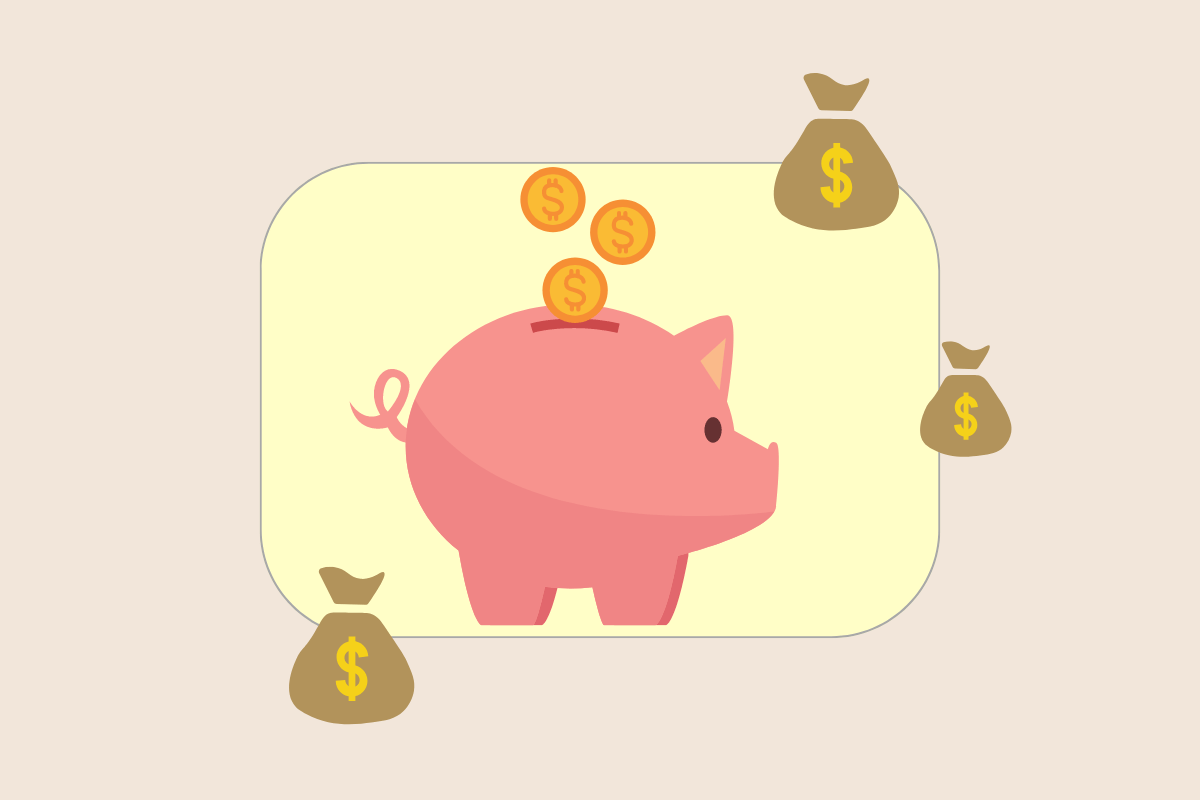
When it comes to money, I believe that knowledge is power, and ignorance is most definitely not bliss. But it’s a lesson I’ve learned the hard way – as a money expert I’ve made some pretty big financial mistakes.
To be fair to past me, most of them were before I knew what I know now about money. But therein lies the problem – younger people with little financial knowledge have the capacity to make some very big mistakes, which have the potential to echo through their entire lives.
Watch: The 4 money hacks that don't cut out your daily cup of coffee. Post continues after video.
Here are my three biggest money mistakes.
1. I failed to pay attention to my super when it mattered most.
Thanks to the power of compound interest, the money in your super account in your 20s and 30s has the potential to grow the most. So, making additional super contributions at this stage of life is really important – something that’s especially true if you think that having kids could be in your future plans. Unfortunately, I didn’t do this.
In my early 20s, I had multiple super accounts from teenage jobs and was paying fees on them all. After finally consolidating my super into one account I moved overseas for five years, where no employer was obligated to set aside money for my retirement – and I didn’t either. Next, I had kids and took a career break, and my super continued to accumulate cobwebs.
Top Comments